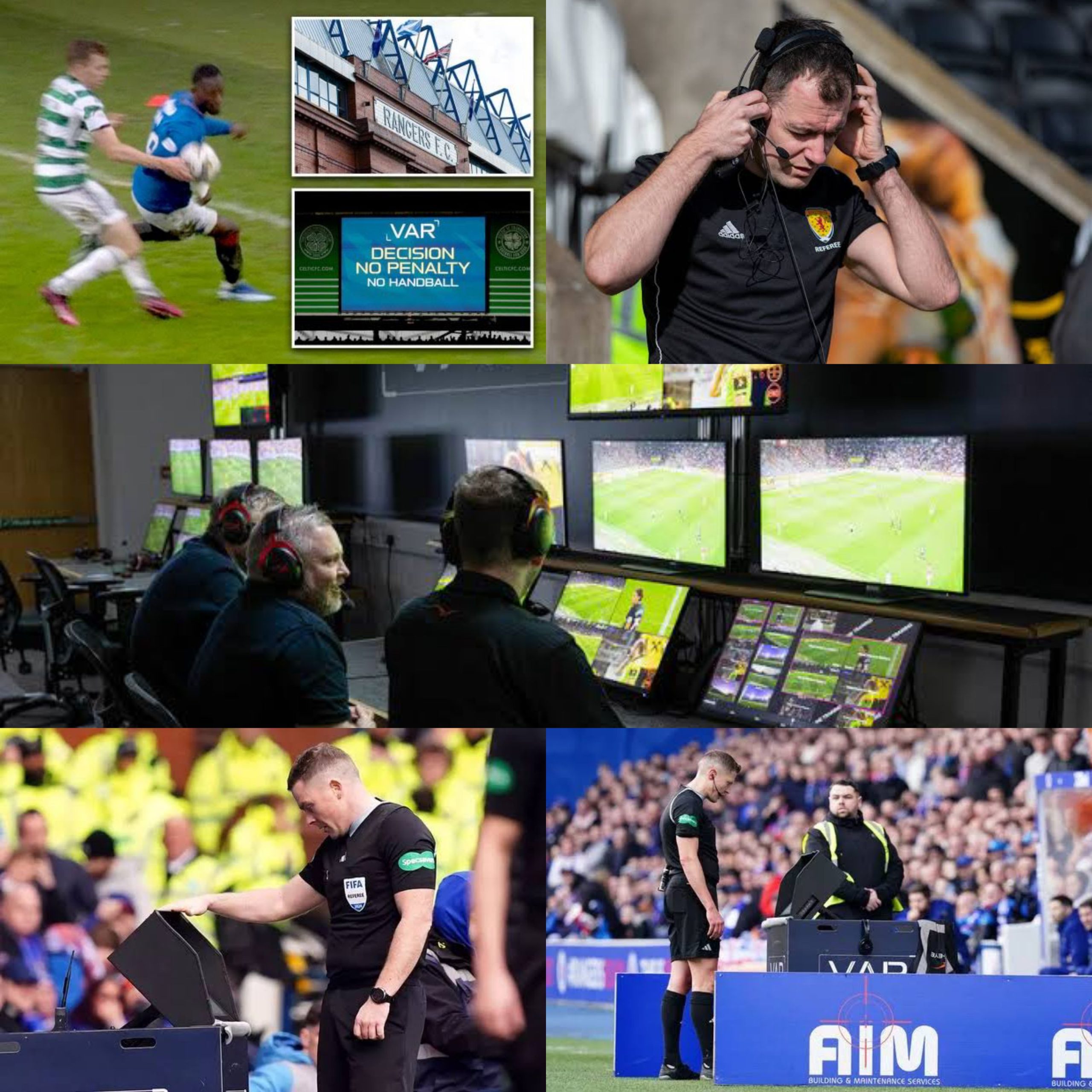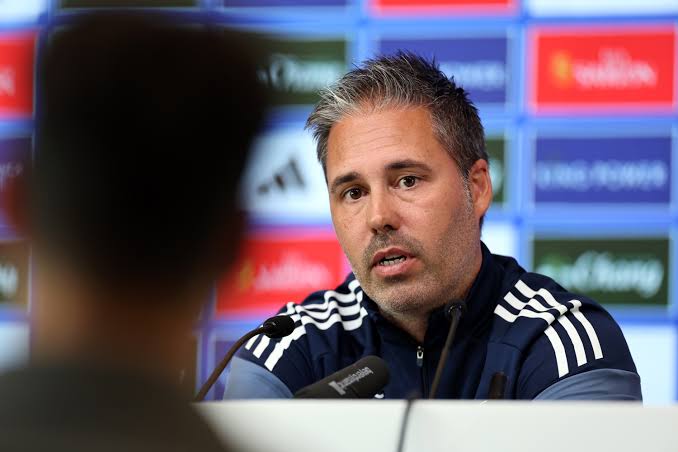The introduction of Video Assistant Referee (VAR) technology was hailed as a game-changing innovation in football, promising to eradicate human errors and ensure fairness on the field. However, recent data from the Scottish FA Referee Operations presents a more complicated story. The statistics reveal a troubling trend of increasing mistakes in VAR decisions, raising doubts about the technology’s effectiveness in the game.
These errors are particularly concerning for clubs like Celtic, for whom every match is crucial. The implications of flawed VAR calls can be significant and far-reaching.
Adding to the frustration is the lack of transparency in the VAR process. The undisclosed incidents that lead to reviews do little to instill trust or understanding among fans of Scottish football.
This sentiment is echoed throughout Europe, where supporters are growing increasingly discontent with the inconsistent and confusing nature of VAR decisions. Many feel that the technology undermines the fluidity and human elements that make football an exhilarating sport.
It is imperative for the Scottish FA and other football governing bodies to take these criticisms seriously. The focus should be on improving not only the technology itself but also its communication and implementation. The rushed introduction of VAR in Scotland raises questions about the motives behind its adoption, especially considering the absence of Scottish officials at the upcoming Euros.
The time has come for a critical evaluation of VAR and its place in the game. Will football’s governing bodies listen to the concerns raised by fans and experts, or will they push forward with VAR regardless? This is a crucial juncture that demands careful consideration and action.



